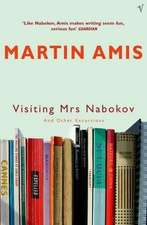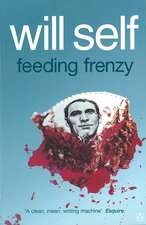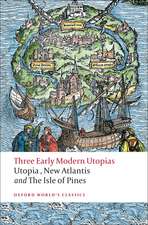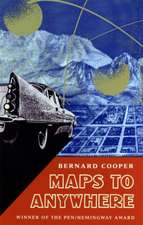Essays
Autor Francis Baconen Limba Engleză Paperback – 17 iul 2009
| Toate formatele și edițiile | Preț | Express |
|---|---|---|
| Paperback (9) | 50.69 lei 3-5 săpt. | |
| West Margin Press – 16 dec 2020 | 50.69 lei 3-5 săpt. | |
| CREATESPACE – | 59.72 lei 3-5 săpt. | |
| Penguin Books – 28 aug 1985 | 67.67 lei 22-33 zile | +22.38 lei 6-12 zile |
| Book Jungle – 30 dec 2009 | 110.45 lei 6-8 săpt. | |
| COSIMO CLASSICS – 28 feb 2007 | 114.85 lei 6-8 săpt. | |
| Book Jungle – 23 noi 2008 | 128.42 lei 6-8 săpt. | |
| Kessinger Publishing – 17 iul 2009 | 137.78 lei 39-44 zile | |
| HardPress Publishing – 27 ian 2013 | 155.85 lei 39-44 zile | |
| Kessinger Publishing – 21 noi 2009 | 206.90 lei 39-44 zile | |
| Hardback (1) | 79.95 lei 3-5 săpt. | |
| Mint Editions – dec 2020 | 79.95 lei 3-5 săpt. |
Preț: 137.78 lei
Nou
26.37€ • 27.24$ • 21.93£
Carte tipărită la comandă
Livrare economică 17-22 martie
Specificații
ISBN-10: 1104744082
Pagini: 170
Dimensiuni: 152 x 229 x 9 mm
Greutate: 0.26 kg
Editura: Kessinger Publishing
Descriere
The Essays (1625) is a collection of writings by Francis Bacon, one of England's most prominent philosophers and scientists whose work was central to shaping the ideals of the Renaissance and scientific revolution. Although Bacon is remembered today as the father of modern science, this collection contains his thoughts on mostly moral and civil matters, highlighting his immense skill as a philosopher and statesman. Filled with references to and quotes from such biblical and classical sources as Seneca, Epicurus, Solomon, David, and Caesar--to name only a few--Bacon grounds his work in the rich continuum of human history, religion, and philosophy. In "Of Death," he compares the human fear of death to a child's fear of the dark to argue that it is an essential and natural aspect of human life. In "Of Revenge," Bacon weighs the consequences of vindictiveness against the merciful necessity of forgiveness. In "Of Goodness and Goodness of Nature," Bacon differentiates between the innate goodness of humanity and the glaring need for the cultivation of goodness as a habit in human society. These are only some of the subjects Bacon approaches with his hallmark rational and concise style. Others include the relationship between parents and children, the nature of superstition, and the need to privilege utility over style in homebuilding. Overall, The Essays is both a wide-ranging meditation on daily and eternal matters of human existence and a fascinating look at the particulars of life in Renaissance England. Completed only a year before his death, The Essays is one of Francis Bacon's most accessible works, as well as a fitting culmination of a life and career dedicated to the pursuit of knowledge. This text illuminates for us the thoughts and feelings of one of history's finest intellectuals, a man whose ideas continue to shape our world and the way we see it over four centuries later. With a beautifully designed cover and professionally typeset manuscript, this edition of The Essays by Francis Bacon is a classic of English literature and philosophy reimagined for modern readers.
Notă biografică
Francis Bacon (1561-1626) was an English philosopher, scientist, and statesman. Recognized for his intelligence from a young age, Bacon would develop the empirical basis for modern scientific inquiry-known today as the scientific method-by promoting skepticism and observational experimentation as essential for the discovery of truth and the growth of human knowledge. A central figure of the scientific revolution and the Renaissance, Bacon was recognized as Lord Verulam and Viscount St. Alban during his lifetime and was honored by both Queen Elizabeth I and King James VI for his contributions to society. Bacon was also an accomplished statesman, responsible for drafting early legal documents and charters for the British colonization of the Americas. His career was not without controversy, however, as accusations of bribery tarnished his reputation and barred him from government service toward the end of his life and career. Today, he is remembered as one of the founders of modern science whose theories and methods continue to form the basis of all scientific experimentation and inquiry.
Cuprins
Introduction
A Note on the Text and Annotation
Further Reading
THE ESSAYSAPPENDICESThe Essays: Fragments, Versions and Parallels
1. Writing the Essays
2. Counsels for the Prince
3. The Wisdom of the Ancients
4. Idols of the Mind
5. A Poetical Essay














